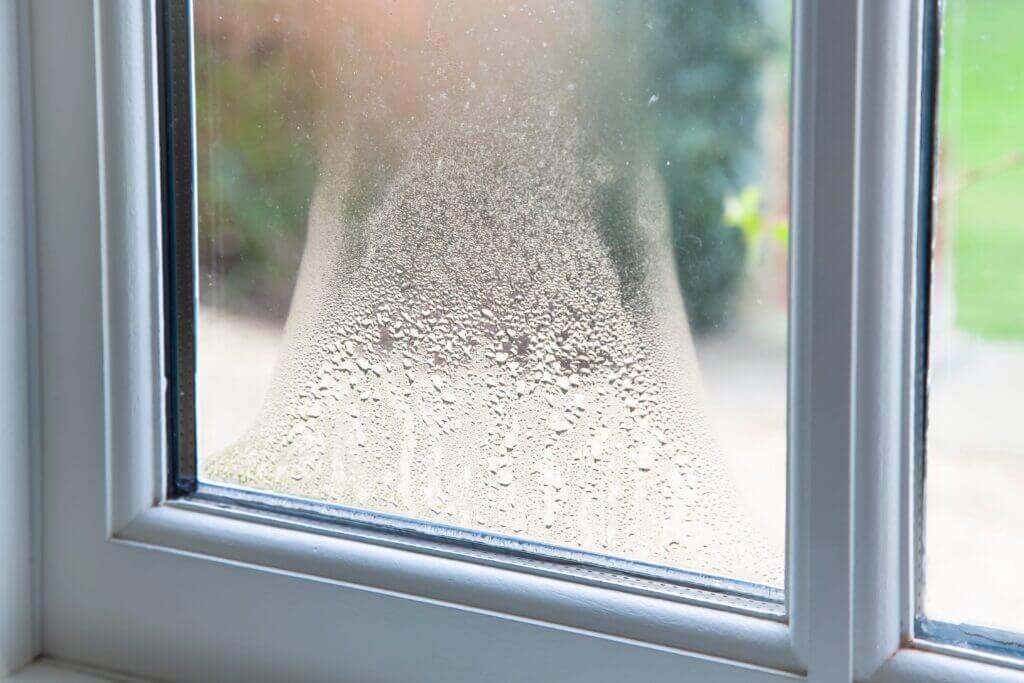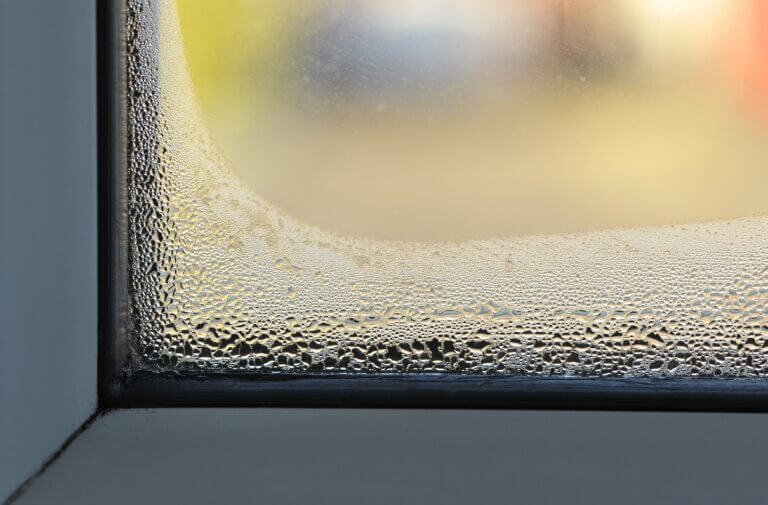What causes condensation on double glazed windows?
- 27 January 2023
- News

When the seal between your double glazed window’s glass panes fails, you may notice what looks like water stuck on the inside of your window. As a homeowner, this can be incredibly frustrating.
An expert in double glazing repair will need to come out and replace the window unit,. Thankfully, our team here at SGC Glass have plenty of experience in repairing misted double glazing. Contact us today for emergency repair for condensation on double glazing.
Why Does My Double Glazing Get Condensation on the Inside?
If you’ve noticed that your double glazed windows appear to be holding water between the layers of glass, the unit will need to be replaced. Double glazed windows have insulating gas between the panes of glass and an air-tight seal should prevent that insulating gas from escaping. (Join this with the lower paragraph)
When the insulating gas does escape, it creates an area for water to enter. Without a functioning air-tight seal, water vapour gets between the two glass panes that make up a double glazed window. This is why you can see water droplets on your window but nothing you’re trying can get rid of them. As a homeowner, you won’t be able to fix this issue by yourself.

Causes of Condensation on Double Glazed Windows
- Surface of the window is colder than the room.
- High humidity levels in rooms such as bathrooms and kitchens
- Poor room ventilation – can lead to a build up of moisture
- Cracked glass panes.
- Seal failure that becomes worn or damaged over time
- Poor quality or poorly fitted timber, aluminium or uPVC windows.
- Improper drainage around the window.
- Poor insulation of the building
Should Condensation Form on Double Glazing?
Ideally, no. However, there are several reasons why this can happen.
The minute space between your window’s two glass panes is used to house gas that helps insulate your home. Without this insulating gas, you’d just have two glass panes sitting next to each other and they wouldn’t do much to prevent the loss of heat from your home by themselves.
Condensation forms because water has entered your window from somewhere. The sun then heats this water up, turning it into water vapour, which leaves condensation on the inside of your windows.
How to Prevent Condensation on Double Glazing
The best way to prevent condensation on your double glazing is to ensure that your double glazed windows are fitted by an expert and that the windows you choose to install are of high quality.
If you can see condensation on the inside of your double glazing, it’s time to look for damage on and around your windows. Any small crack or break in the window’s seal could be letting water enter the space between the glass panes.
Next time it rains, go outside and examine your window from there. If water is collecting anywhere along the edges of your window where you’ve noticed condensation in the past, that could be where the water is entering from. A continuous build-up of water will start to affect the window’s seal over time, which is why it’s so important to allow for good drainage around your window.
Should my windows get more condensation during winter?
The chances of condensation increase during winter because of the constant fluctuations in temperature and weather. Snow, ice, and rain will come down against your windows, and that much liquid for long periods of time makes it more likely that water will enter your windows through any damage it can find.
Why are my new windows getting condensation?
New windows won’t have experienced enough airflow at the start of their life in your home. Without ventilation, you will see some condensation. It’s important to keep air circulating throughout your home to help dry any water off of your windows and prevent condensation from occurring.
Call Us for 24-Hour Care and Repair
Call us today to book a visit from one of our glass repair experts, who will be able to advise you on your options.











